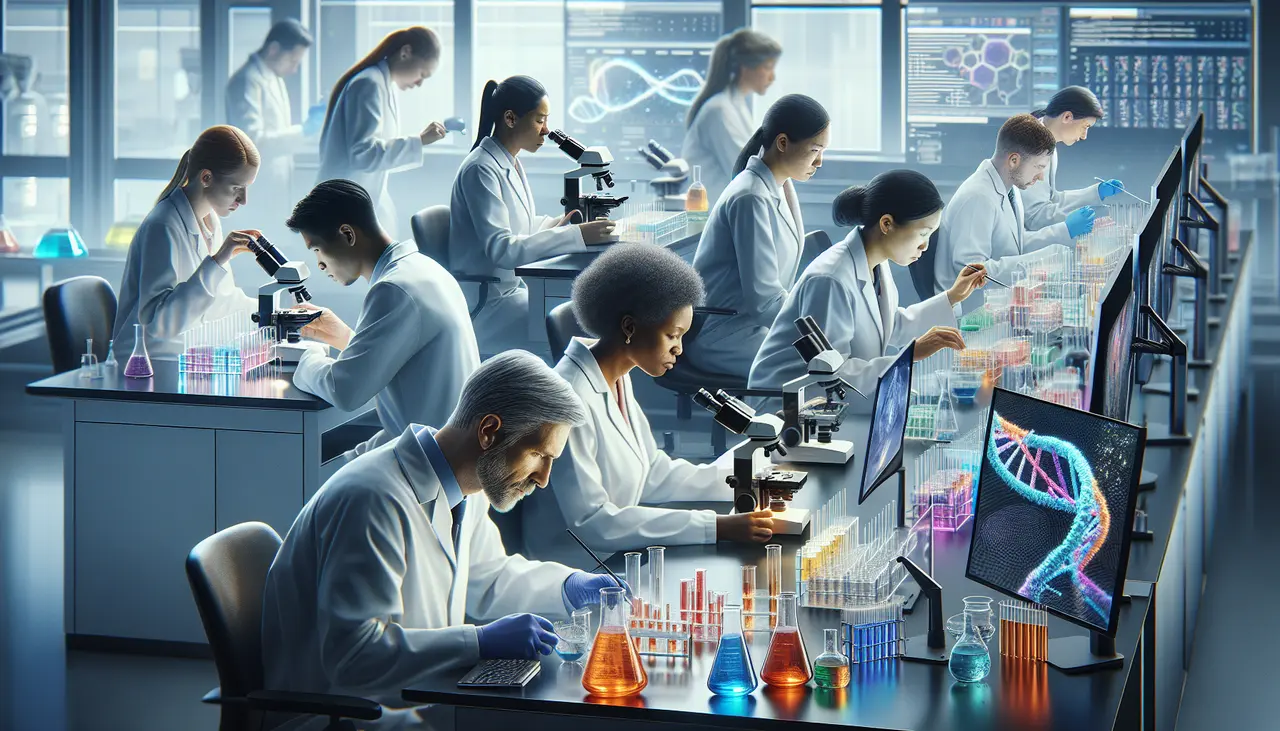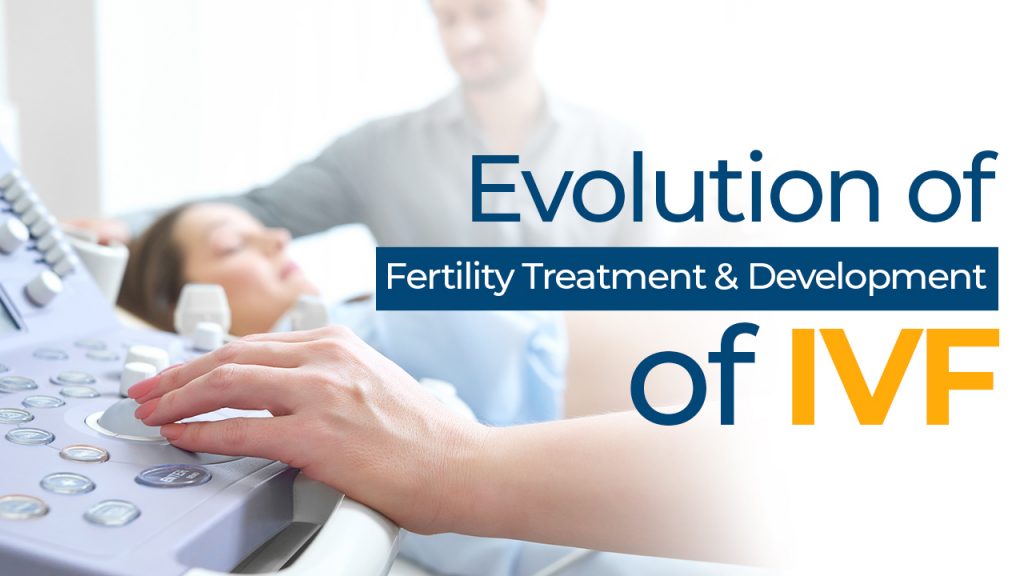Introduction:
Hey there, future Clinical Laboratory Scientists! If you’re reading this, you’ve either just started your journey or are considering diving into the fascinating world of clinical labs. I’m here to help you unlock the secrets to skyrocket your career in this essential healthcare field. As someone who’s been there, done that, and gotten a few lab coats dirty along the way, I’m excited to share what I’ve learned. Let’s get started!
Understanding the Role of a Clinical Laboratory Scientist
First things first, what exactly does a Clinical Laboratory Scientist (CLS) do? Think of us as the detectives of the healthcare world. We’re the ones behind the scenes, running tests on blood, tissues, and other bodily fluids to help diagnose illnesses. Our work is crucial for accurate diagnoses and effective treatments. Without us, doctors would be flying blind.
On a typical day, a CLS might be analyzing blood samples for cholesterol levels, identifying bacteria causing an infection, or even running genetic tests. It’s a job that requires a keen eye for detail, a solid understanding of science, and a commitment to accuracy. In short, we play a critical role in patient care, even if patients never see us.
Educational Pathways and Certification
Now that you know what a CLS does, let’s talk about how you can become one. The journey starts with education. Most CLS positions require at least a bachelor’s degree in medical technology or a related field. Some universities offer specific CLS programs, which are a great choice because they provide the specialized knowledge you’ll need.
One piece of advice: Make sure the program you choose is accredited. Accreditation ensures the program meets certain standards and will prepare you adequately for certification exams. When I was choosing my program, I made sure to pick one accredited by the National Accrediting Agency for Clinical Laboratory Sciences (NAACLS). It made a world of difference when it came time to get certified.
Speaking of certification, this is a critical step. Certification demonstrates your competence and is often required by employers. Organizations like the American Society for Clinical Pathology (ASCP) and American Medical Technologists (AMT) offer well-recognized certifications. The process typically involves passing an exam, and let me tell you, it’s not a walk in the park. But with dedication and study, you can do it.
Continuing education is also key. Medicine and technology are always evolving, so staying up-to-date with the latest advancements is crucial. Many professional organizations offer continuing education courses, and some states require a certain number of continuing education units (CEUs) for license renewal.
Building Essential Skills and Competencies
Being a CLS isn’t just about having the right degree and certification. You need a mix of technical and soft skills to excel.
Technical skills are the bread and butter of our work. You need to be proficient with a variety of lab techniques and equipment. When I first started, I spent countless hours mastering different types of assays and getting comfortable with complex machinery. It was challenging, but every new skill I learned made me more valuable in the lab.
Analytical skills are equally important. You need to be able to analyze test results accurately and make precise measurements. A tiny mistake can lead to incorrect diagnoses, so attention to detail is crucial. I remember one of my first solo tasks was to analyze a blood sample for glucose levels. The numbers didn’t add up, and after triple-checking my work, I found a small error in my calculations. It was a humbling experience that taught me the importance of precision.
Don’t underestimate the power of soft skills like communication, teamwork, and problem-solving. Labs are collaborative environments. You’ll need to communicate effectively with colleagues, doctors, and sometimes even patients. Problem-solving skills are essential for troubleshooting when things go wrong, which they inevitably will. In my early days, I spent an entire afternoon with a colleague trying to figure out why a particular test wasn’t working. We finally discovered it was a calibration issue with the equipment. That experience taught me the value of perseverance and teamwork.
Navigating the Job Market
With your education and skills in hand, it’s time to tackle the job market. Start by casting a wide net. Connect with a recruiter at CLS Connect, look for job openings on specialized job boards, hospital websites, and professional association sites. Networking can also be a powerful tool. Attend conferences, join professional organizations, and connect with other professionals on LinkedIn.
Your resume is your first impression. Highlight your education, certifications, and relevant experience. Tailor your resume for each job application to emphasize the skills and experiences that match the job description. During interviews, be prepared to discuss specific examples of your skills in action. Employers love to hear about times when you solved a problem or handled a challenging situation.
Negotiating salary can be daunting, but it’s an important skill. Do your research to understand the average salary for CLS positions in your area and level of experience. Be confident in your worth and don’t be afraid to ask for what you deserve. CLS Connect is awesome at guiding you through this process!
Advancing Your Career
Once you’ve landed your first job, don’t stop there. Professional development is key to advancing your career. Attend conferences, workshops, and seminars to learn about the latest advancements in your field. Networking is also crucial. Build relationships with colleagues, mentors, and leaders in the field. These connections can open doors to new opportunities.
Mentorship can be incredibly valuable. Find a mentor who can provide guidance, advice, and support as you navigate your career. I was lucky enough to have a mentor who took me under her wing early on. She helped me understand the nuances of the job and encouraged me to pursue leadership opportunities.
Speaking of leadership, don’t be afraid to step up. Whether it’s taking on a project lead role or getting involved in professional organizations, leadership experience can set you apart. I volunteered to lead a quality improvement project in my lab, which not only improved our processes but also gave me valuable leadership experience.
Staying Current with Industry Trends
The field of clinical laboratory science is always evolving. Staying current with industry trends is essential. Keep an eye on technological advancements, regulatory changes, and new research. Subscribe to relevant journals, attend webinars, and join professional associations to stay informed. But most importantly, stay connected with CLS Connect!
When I started, PCR (polymerase chain reaction) was the cutting-edge technology. Now, we’re seeing incredible advancements in molecular diagnostics and personalized medicine. Staying current with these trends has allowed me to contribute more effectively to my team and provide better care for our patients.
Work-Life Balance
Lastly, let’s talk about work-life balance. This job can be demanding, and burnout is a real risk. It’s important to manage stress and find a balance that works for you. Effective time management is key. Prioritize your tasks, set boundaries, and make time for activities that help you unwind.
When I first started, I struggled with balancing my work and personal life. I was constantly stressed and felt like I was always playing catch-up. It wasn’t until I started practicing better time management and prioritizing self-care that I found a balance. Now, I make sure to take breaks, exercise regularly, and spend quality time with family and friends.
Conclusion
There you have it—a roadmap to skyrocket your career as a Clinical Laboratory Scientist. Remember, the journey requires dedication, continuous learning, and a willingness to step out of your comfort zone. But the rewards are well worth it. Not only will you play a vital role in patient care, but you’ll also have the opportunity to advance in a field that’s constantly evolving.
So, take that first step, whether it’s enrolling in a degree program, applying for a new job, or seeking out a mentor. The secrets to a successful CLS career are within your reach. Unlock them and watch your career soar!
Additional Resources
- Professional Associations: Join organizations like the American Society for Clinical Laboratory Science (ASCLS) or the American Association for Clinical Chemistry (AACC).
- Further Reading: Check out books like “Clinical Laboratory Science Review” by Patsy Jarreau for exam prep.
- Online Courses and Webinars: Websites like Coursera and Khan Academy offer valuable courses that can enhance your knowledge and skills.
Good luck, and welcome to the exciting world of clinical laboratory science!


